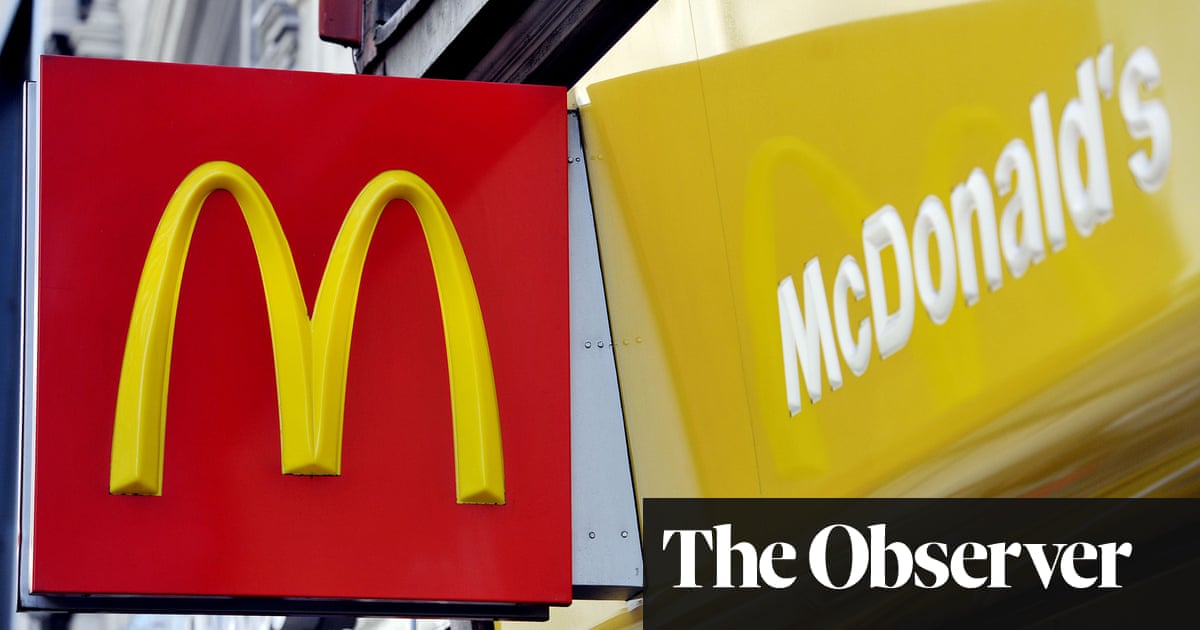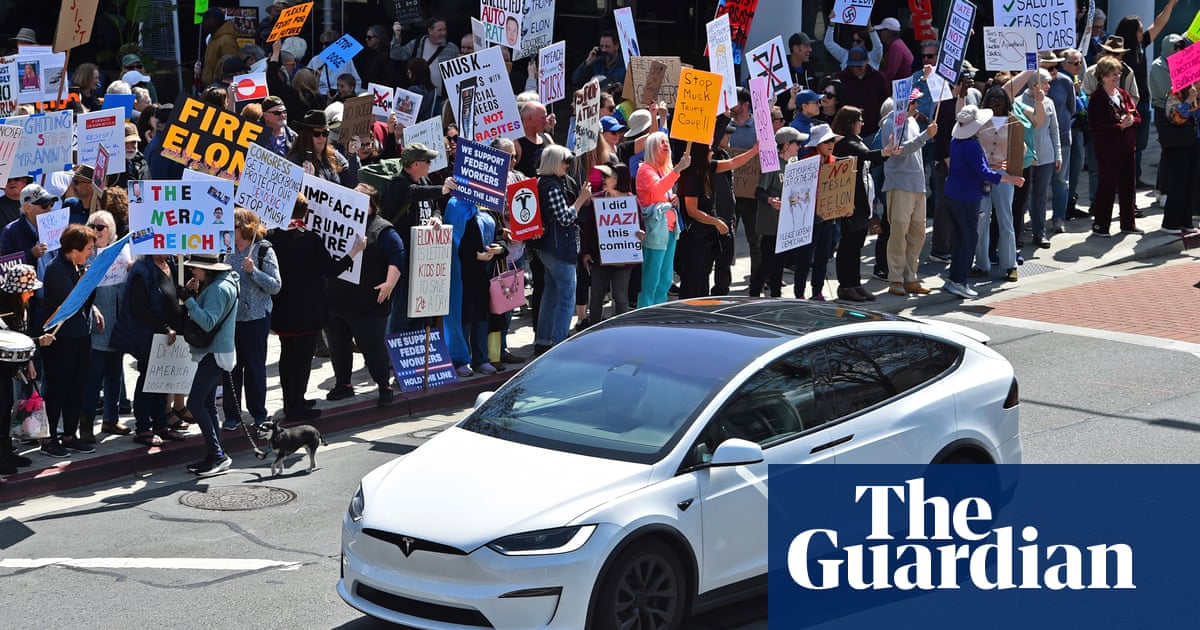
Le boycott: French customers shun McDonald’s, Coca Cola and Tesla to protest against Trump
On the rainy Grands Boulevards in Paris on Friday, the branches of McDonald’s and KFC were doing brisk business.
There was little sign of “le boycott” – a movement among French customers to reject American brands and products made in the US, in protest at Donald Trump’s trade tariffs and anti-Europe rhetoric.
A poll, which splashed the front page of the Libération newspaper last week, found that more than six out of 10 French people support shunning American products, and almost one in three are already avoiding them.
The #BoycottUSA hashtag has spread across social media networks in what researchers say is a “historic collapse” of the US’s image in France, America’s third largest European trading partner.
Students Mathieu, 16, Jade, 15, and Esther, 17, heading in to the McDonald’s on Friday, were not about to be diverted by trade tariffs, however. “I understand why people are suggesting we avoid American products, but it’s something people with money can afford to do. As students we can’t,” Jade said.
Coca-Cola, McDonald’s, Tesla, Starbucks, KFC and X are among the US brands that have been cited as those to be shunned. Those questioned by pollsters also cited Apple, Microsoft, booking platforms Airbnb and Tripadvisor, Nike and Converse.
Alain, 43, a pest controller, walked past carrying a Nike bag, having just bought new trainers. “I understand the boycott, but they are the best and they are what I always buy,” he said.
What France’s consumers say and what they do are different matters, said François Kraus from pollsters Ifop, which carried out the study.
“We are starting to see a sanctioning of the US and its policies in people’s attitudes, but there is a gap between the position people have in principle and what they do in practice,” Kraus told the Observer.
The poll found leftwing Democrat sympathisers, those over the age of 65 and those with net incomes above €2,400 a month were most in favour of the boycott.
“We found the one-third who say they are boycotting are mostly people who are well-educated and reasonably well off who are making a considered and informed decision. These are people who once they change their habits they stick to it,” Kraus added.
“They are aware of transatlantic tensions and, as long as Trump is in office, they will be boycotting US products. It is difficult to see, however, what impact this will have in the long term.”
The poll found the French were particularly angered by trade tariffs, Trump’s diversity and inclusion clampdown and the treatment of Ukrainian president Volodymyr Zelenskyy in the Oval Office. Trump’s threats to raise import duty on French and European wines and champagne to 200% have also dampened enthusiasm for the US.
Support for the boycott appeared to transcend social groups usually associated with political activism, the poll found. Kraus said the popularity of the US as a student, holiday and business destination is at a 40-year low.
Today, 22% of those quizzed would like to study in the US compared with 48% in 2010. The number who want to live there has dropped from 30% to 22%, and only 20% now want to work in the US compared with 37% 15 years ago.
after newsletter promotion
Édouard Roussez, 33, a farmer from the north of France, who set up the Facebook group Boycott the USA: Buy French and European, said he was surprised by the response after it gained more than 25,000 members in a month. He said the aim was to encourage his compatriots to choose French and European goods over American products.
“We hope the idea will enter people’s minds when they are in the supermarket and have to decide between two products 50cm apart, and they will choose a product that is in keeping with their values. Most French and European people will do this in silence, discreetly, instinctively,” Roussez said.
Speaking on RMC radio, journalist Jean-Philippe Doux dismissed the idea of a boycott as “ridiculous”.
Roussez disagreed: “It’s not about overthrowing Trump or the US economy – it’s about doing something, however modest, to redress the balance. It’s symbolic, and we know Americans are fond of symbols. We remember the freedom fries symbolism used during the Iraq war. Now we are using those same symbols against them.
“Boycott is a strong and hard word but what we are really saying is buy French and European. Just as the Americans are saying ‘America first’, we are saying ‘France and Europe first’.
“As an individual I feel I need to do something. I don’t care if it’s considered ridiculous. Economies are the sum of individuals, and I’m voting using my custom to choose French and European products for my future and the future of my children.”
Out on the Boulevards, plenty of French consumers seemed to want to be left to enjoy their Big Macs made from French beef and their chicken nuggets made from French fowl.
Delphine, 35, a care assistant, said a boycott was a good idea in theory. “I don’t go to McDonald’s and I don’t drink Coke. While I might think twice about buying something from the US, there would have to be an obvious and not inconvenient alternative. In any case, it’s not like I’m going out tomorrow to buy a Tesla.”










